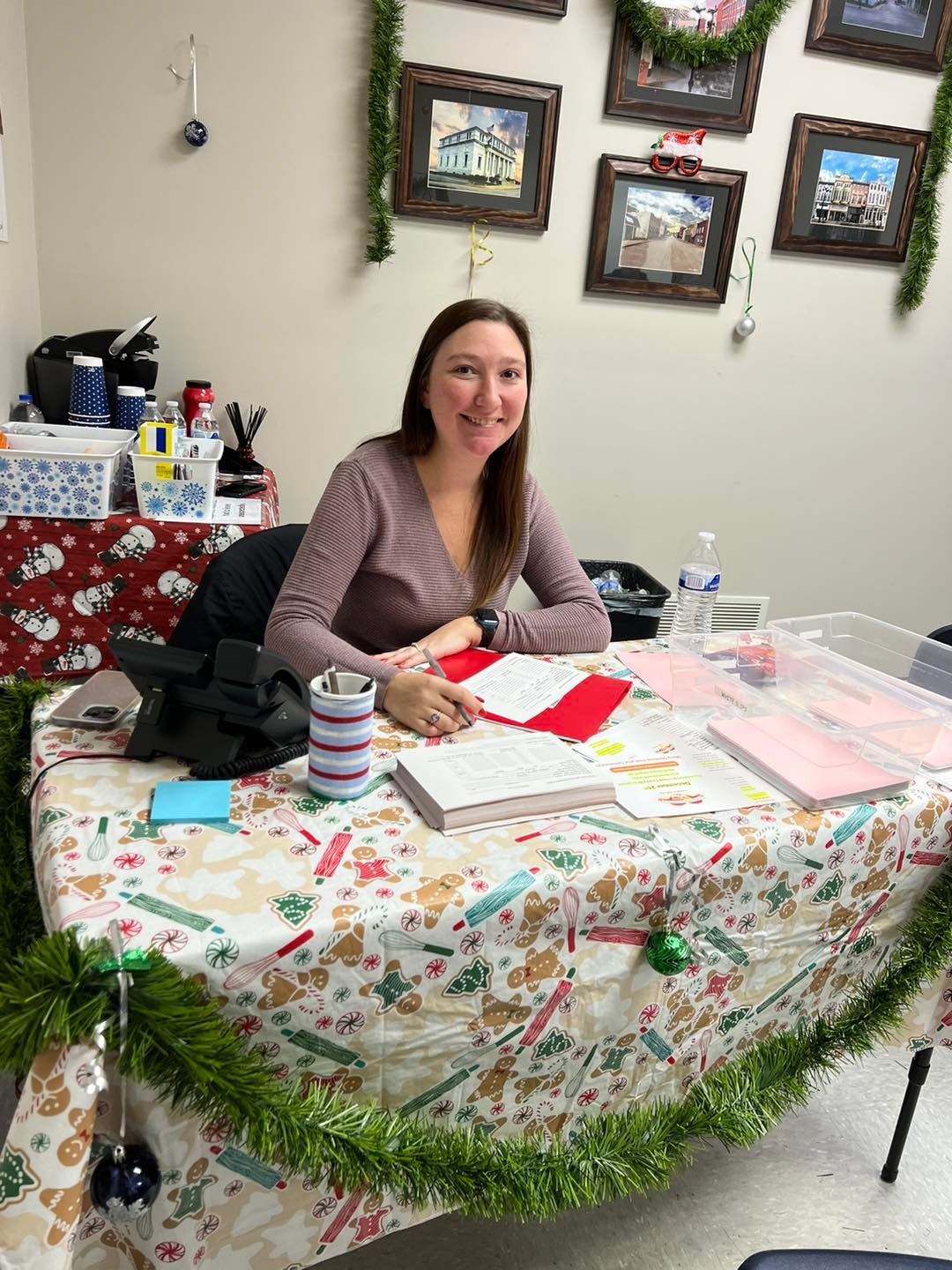Where in the World: Post office and place names
Published 9:57 am Friday, December 21, 2018
One of the enduring mysteries of Clark County is the origin of named places, some well known — Kiddville, Wades Mill, Ford — and some long forgotten — Hayden’s Corner, Dodge, Locknane.
Many of these came about in the process of opening and naming rural post offices.
The National Archives holds records on all U.S. post offices.
The late Robert Rennick, who served as coordinator of Kentucky’s Place Name Survey, used these records to publish a series of works on post offices in selected Kentucky counties.
The information that follows is taken from his book, “Kentucky’s Bluegrass: A Survey of the Post Offices.”
Rennick relied on his own research and interviews with local residents to determine the location of each post office and the origin of its name.
Clark County was created by statute in the year 1792.
Our first post office, Winchester, was not established until 1803, with Edmund Callaway as the first postmaster.
John Baker provided the town with the name of his hometown in Frederick County, Virginia.
An early post office, Colbyville, was established at Colby Taylor’s tavern and operated from 1826 to 1850.
A later post office saw brief service (1890-94) at Colby Station, a stop on the C&O Railroad, which must have been near the old tavern.
After William Burgess Kidd died in Virginia, his widow brought her five children to Kentucky. In 1818 they settled in the northeast corner of Clark County, where her son, Zadock Kidd, built a mill and distillery that became the center of a community called “Kiddville.”
A post office opened there in 1842, with Stephen Adams postmaster, and closed in 1906. This once thriving area began to decline after 1885, when the Lexington & Eastern Railroad bypassed the community.
The town of Ford began with great promise. Thomas M. Ford established this Kentucky River community where the L&N Railroad crossed the river in 1883. Its post office opened that year with Henry Clay Long as postmaster. With the construction of several large sawmills, Ford became a boomtown rivaling Winchester. The town faded after the mills closed and a disastrous fire occurred in 1913.
Ruckerville, located on Irvine Road, about seven miles from Winchester, was named for Reuben Rucker of Virginia who settled there in 1823. The village had a post office from 1850 to 1909. In the late 1880s, it apparently was renamed “Pharis Store.” The last postmaster was Clinton H. Pharis.
There was a post office somewhere between Ruckerville and Winchester called “Locknane,” for the pioneer settler of that area, John Locknane. Robert Shelton Spillman was the first postmaster in 1895; it closed in 1904.
Griffin Fauntleroy Jones began one of Kentucky’s earliest commercial nurseries where Jones Nursery Road intersects Athens-Boonesboro Road. In addition to his blacksmith shop, furniture business and wagon factory, he also ran the Jones Nursery post office from 1850 to 1859.
Hayden’s Corner was a 19th Century community at the intersection of Combs Ferry Road and Waterworks Road (i.e. corner of Samuel Hayden’s land). The post office there (1884 to 1904) was named “Becknerville,” for William M. Beckner, a prominent Winchester attorney, newspaperman and county judge. The first postmaster was Joel H. Powell.
The Wades Mill community takes its name from William Wade, a storekeeper and miller, who established a post office there in 1872 that operated until 1906.
The village of Pinchem is on Muddy Creek Road, about five miles south of Winchester.
Kathryn Owen gave Rennick three possible origins of the name: people said the underfed cattle of the area looked “pinched”; folks in this dry county could go to a local store where the proprietor could be “pinched slyly” to signal for a quart of whiskey; a local store had a tightwad proprietor whose customers felt so “pinched” they called it Pinchem Store.
When William P. Owen filed for a post office there in 1888, he found the name already in use in Todd County, so he selected the name Tulip instead. The post office operated out of Owen family stores until 1908. All six postmasters were Owens.
In 1904, a post office called “Trap” opened on Irvine Road at the store of Thomas D. Berryman. Local tradition says the name came from the numerous animal traps hanging in the store. The name Trap endured until the post office closed in 1908, and then for some reason was changed to “Trapp.”
A few miles to the northeast, on Trapp-Goffs Corner Road, the community of Right Angle had a mill, store and post office whose name came from the local Masonic Lodge, which is still going. The post office was established by Henry H. Forman in 1883 and closed in 1931.
There was a short-lived post office (1894-1896) at Rabbit Town, which is located between Right Angle and Goff’s Corner. The name is thought to have come from a local teacher said to have been so poor that he subsisted on a diet of rabbits. The post office established there by Lewis C. Pigg was named “Chilton,” possibly for Chilton Allan, a noted Winchester attorney who served three terms in Congress.
Goff’s Corner had its own post office at Indian Old Fields. It stood about a quarter of a mile north of the Mountain Parkway on Kiddville Road. Established by Levi Goff in 1878, the name was shortened to “Indian Fields.”
The Kentucky Union Railroad opened a station at its intersection with the C&O Railroad. The station, first called “Fairlie,” soon became K.U. Junction and later L&E Junction after the line was acquired by the L&E Railroad. The post office there opened in 1885 and was named “Dodge,” after General A. G. P. Dodge of New York City, who was the first president of Kentucky Union Railroad. The postmaster was storekeeper Jesse T. Wade.
Harry Enoch, retired biochemist and history enthusiast, has been writing for the Sun since 2005. He can be reached at henoch1945@gmail.com.





